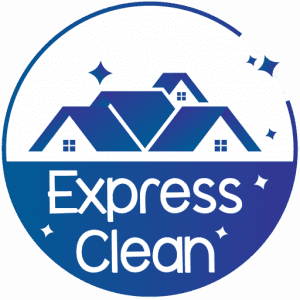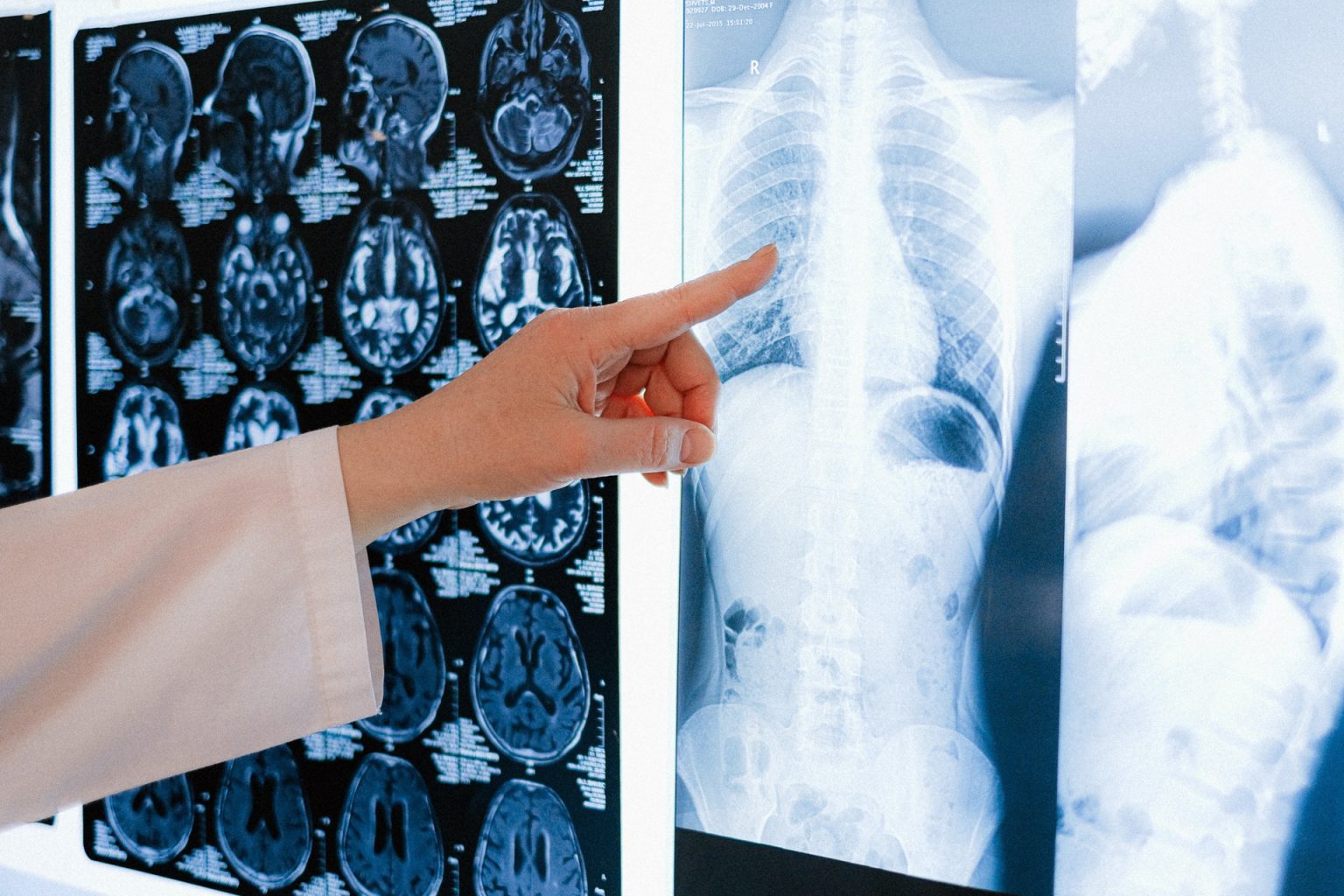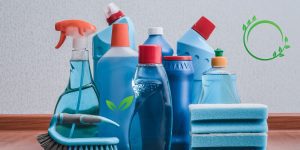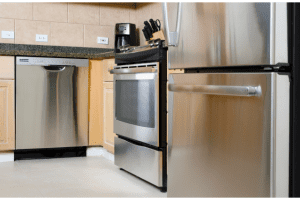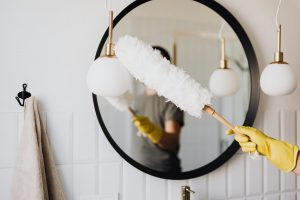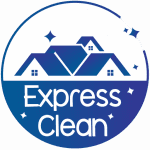How Cleaning Products Affect Your Lungs: Best Practices, Materials & Scheduling Efficiency
For facility managers, homeowners, and operations leaders, maintaining a clean space is essential—but have you considered how cleaning products may impact your lung health? Especially in urban areas like Chicago and its suburbs, understanding the effects of cleaning chemicals can help you protect building occupants and staff while ensuring regulatory compliance and safe environments.
Why Pay Attention to Cleaning Products?
Many common cleaning products contain chemicals that can affect your respiratory system. When used regularly or in enclosed spaces, these products may contribute to breathing difficulties, irritation, or exacerbate conditions like asthma. According to CDC guidelines for cleaning and disinfecting, it is important to understand both the benefits and risks associated with cleaning solutions to ensure safer practices.
Table: Common Cleaning Chemicals and Respiratory Impact
| Product Type | Key Chemicals | Potential Respiratory Effects | Best Use Practices |
|---|---|---|---|
| Disinfectants (e.g., bleach) | Sodium hypochlorite | Irritation, coughing, asthma triggers | Ensure ventilation; dilute as labeled |
| Glass/floor cleaners | Ammonia | Airway irritation | Use only as needed; avoid mixing |
| Degreasers | Solvents (VOC-based) | Shortness of breath, headaches | Use gloves and masks; ventilate area |
| Fragranced sprays | Synthetic perfumes | Allergic reactions, wheezing | Opt for fragrance-free products |
The Science: Materials, Chemistry & Your Lungs
When cleaning products are sprayed or applied, particles and vapors can linger in the air. Inhaling these can cause your airways to constrict or become inflamed, especially if the pH of the product is very high (alkaline) or low (acidic)—leading to irritation. High-touch surfaces, such as door handles and switches, often receive frequent cleaning; ensure that compatible materials are used to prevent both surface and health damage.
Cross-Contamination Controls
Control the risk of airborne irritants by using designated materials for different surfaces and following color-coding protocols. This not only enhances cleaning outcomes but also minimizes the possibility of chemical mixing, which can release hazardous vapors.
Best Practices: Stay Safe with Effective Scheduling
- Read Labels: Always check manufacturer guidelines, especially for dwell times (the time a surface must remain wet to disinfect) and dilution rates.
- Protect Yourself: Use gloves, safety goggles, and appropriate masks. N95 respirators or similar are ideal for handling powders or strong aerosols.
- Ventilation: Open windows and doors or use HVAC systems during cleaning and for several minutes afterward.
- Plan Scheduling: In busy facilities, stagger cleaning tasks to avoid exposing building occupants to strong fumes during peak hours.
- Proper Waste Handling: Immediately dispose of used wipes and rags to prevent lingering odors and residues.
Compliance & Local Guidelines
For Chicago property managers and homeowners, always check city, county, and state requirements. Many jurisdictions recommend or mandate the use of less hazardous, “green” cleaners. Learn more about safer product alternatives and their efficacy in protecting respiratory health.
List: Quick Tips for Lung-Safe Cleaning
- Never mix bleach with ammonia or acids (can cause toxic gases).
- Use microfiber cloths to minimize the need for strong chemicals.
- Limit use of aerosolized spray products.
- Store cleaning solutions away from HVAC intakes.
When Is Specialized PPE Needed?
If you’re handling industrial-strength degreasers or disinfecting after illness, the use of full PPE (goggles, gloves, and masks) is recommended. Refer to CDC bleach handling guidance for safe dilution and use instructions.
Supporting Employee and Facility Health
Implementing respiratory-safe cleaning policies doesn’t just protect your staff—it also signals a commitment to compliance and best practices. Regularly review your processes and train your team on safe product usage, proper PPE, and waste management to minimize health liabilities and ensure a clean environment.
Further Reading & Resources
- Learn about the health benefits of regular cleaning.
- Find tips to remove dust without harsh chemicals.
- Discover simple baking soda cleaning alternatives.
Book Professional Cleaning in Chicago
Ready to keep your facility or residence both spotless and safe? Book office cleaning in Chicago or schedule move-out cleaning with Express Clean to ensure best-in-class results.
About the Author
Reviewed by: The Express Clean Team
With over 20 years of experience in commercial and residential cleaning operations across Chicago and its suburbs, our experts ensure the highest standards of safety, compliance, and efficiency for your facility.
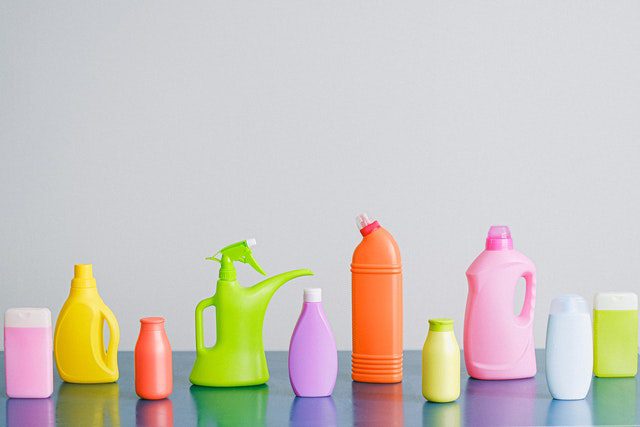
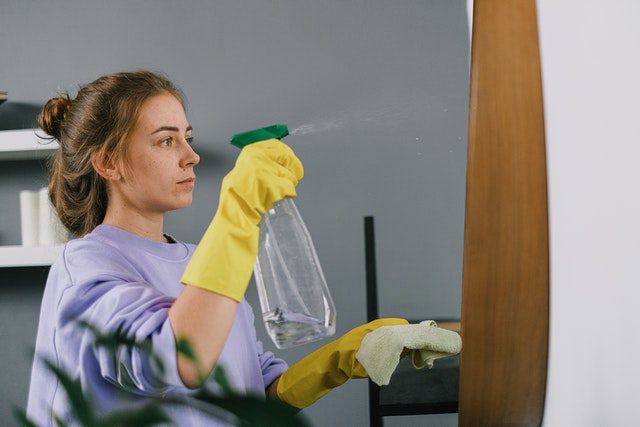
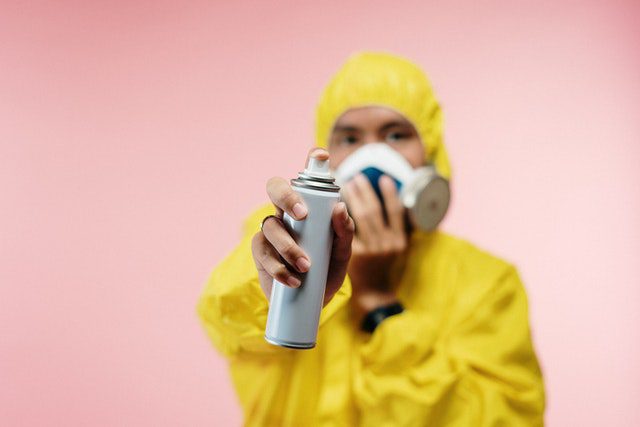
cigarette smoke, pollution, house Cleaning Service, AirBnB specialized Cleaning Service, COPD, same effects as mixing them, Best Cleaning services chicago, House Service in Evanston il, House Cleaning Services of Chicago Il, House Service Clean Skokie Il
